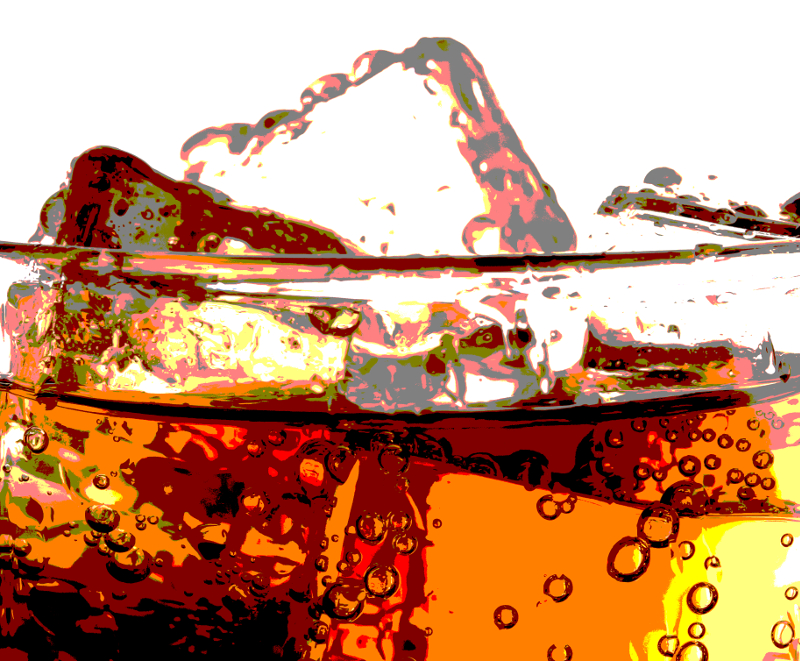Soft drink ads hit fans hard
 New research has tested the effectiveness of soft drink ads, and found them hard to resist for many young people.
New research has tested the effectiveness of soft drink ads, and found them hard to resist for many young people.
Australian experts have compared the ability of 127 university-age students (18-25 year olds) to withstand or succumb to the urge to reach for a soft drink when viewing television advertisements.
The study perhaps unsurprisingly found that people with an automatic bias towards soft drinks - or difficulty resisting sweet drinks compared to non-sweetened control beverages (e.g., water) - are more responsive to soft drink advertisements than those without these tendencies.
Given that regular soft drink consumption (as little as 1 can per day) has been associated with increased risk of diabetes, cardiovascular disease and various cancers, and is estimated to cause 184,000 deaths per year, shielding these vulnerable people from ads would help save lives.
“The cognitive vulnerabilities exposed in our study is an important lesson to future possible regulation of television advertising or public health campaigns,” says researcher Amber Tuscharski.
“More could be done to raise awareness among people who have strong automatic tendencies or poor self-regulatory control towards reaching for a soft drink.
“After all, their exposure to soft drink cues will continue as manufacturers and marketers advertise their products in multiple locations - from TV commercials to in-store, service stations, public transport and billboards.”
Lead researcher Flinders University Professor of Psychology Eva Kemps says the new understanding could lead to change.
“Perhaps, then, we can start targeting people who show these cognitive vulnerabilities in reducing consumption of these sugary, unhealthy drinks,” she said.
“Even keeping fizzy drinks from children at a young age may also prepare them for the barrage of advertising as they mature," says Professor Kemps, pointing to the rise in soft drink consumption in the face of associated health risks.”








 Print
Print